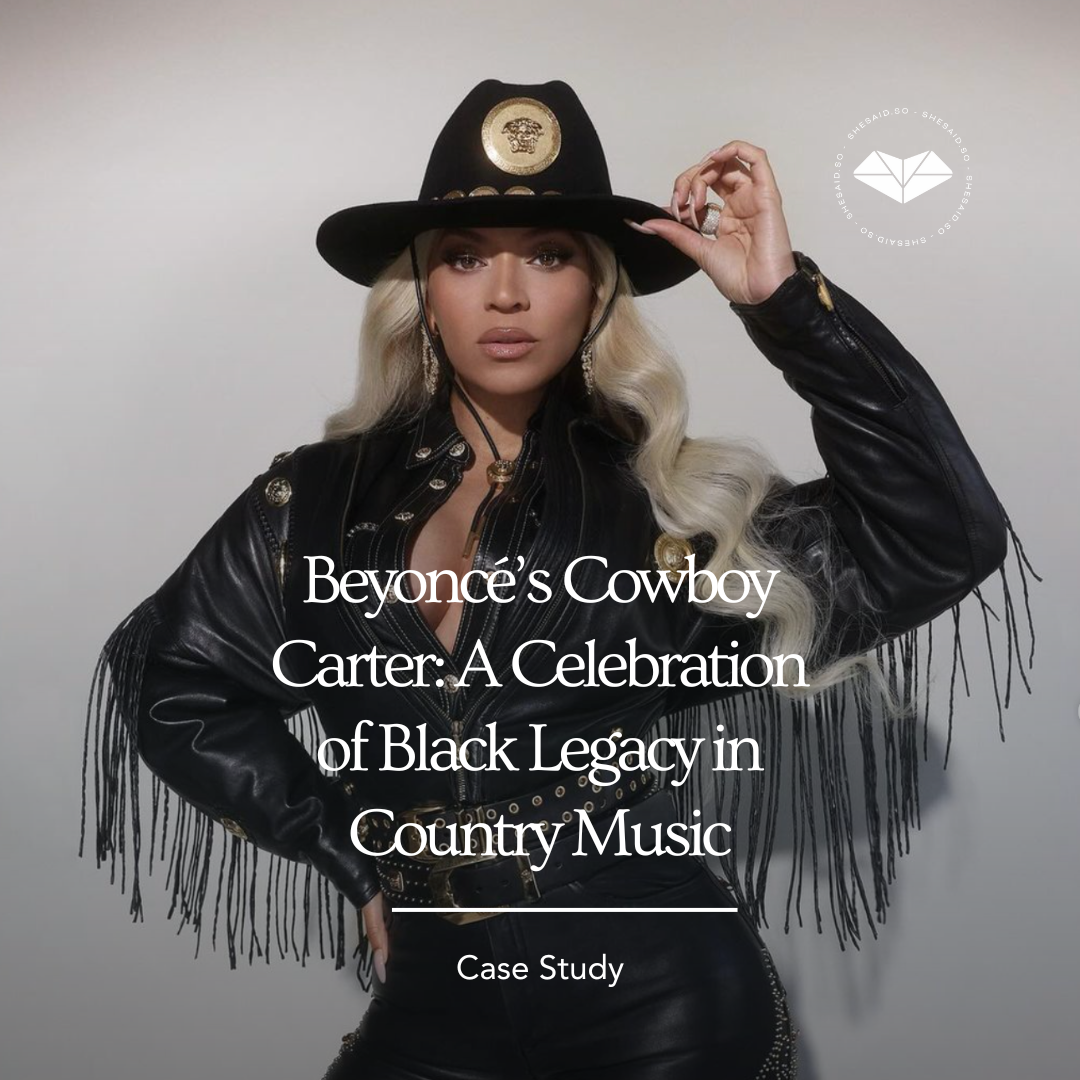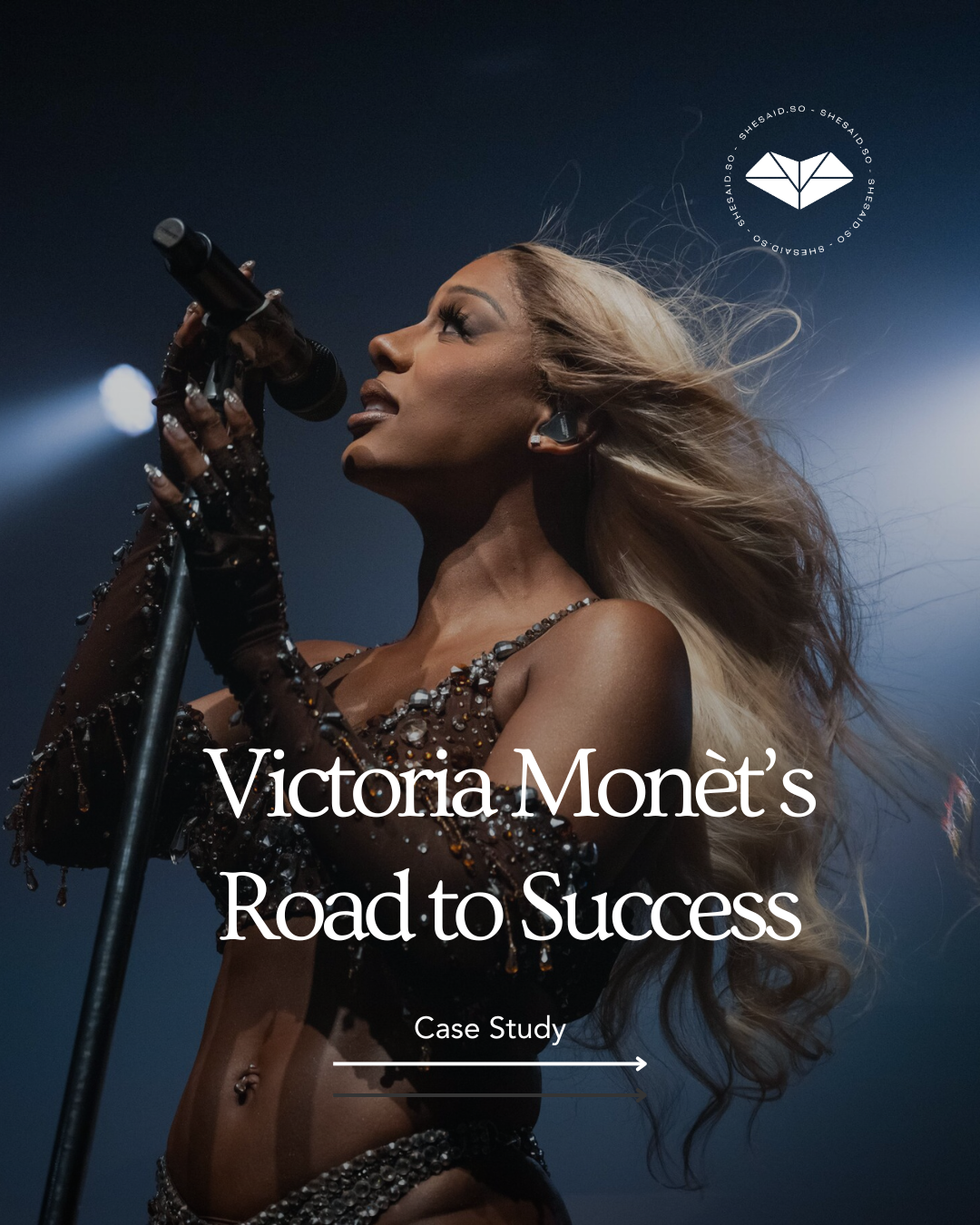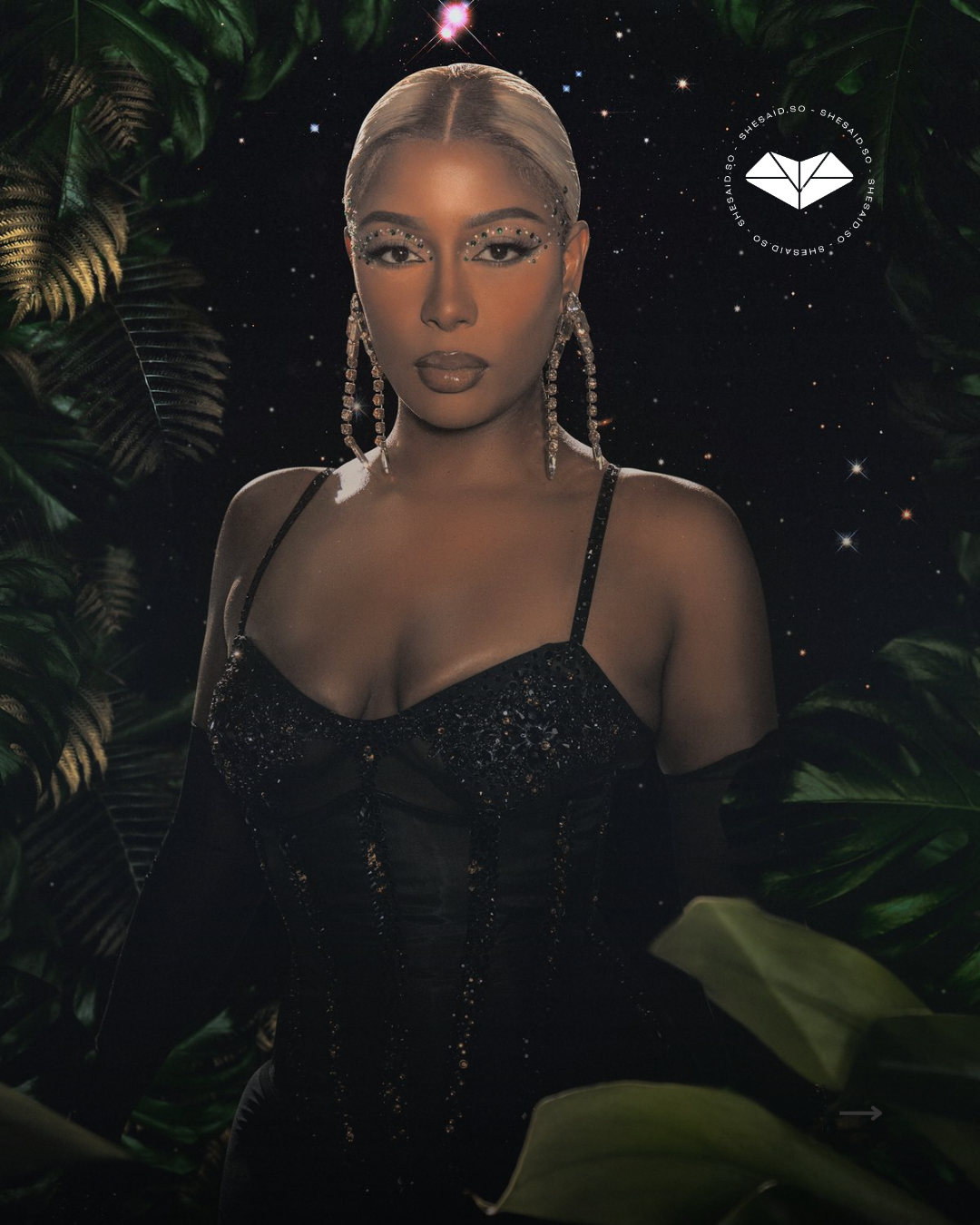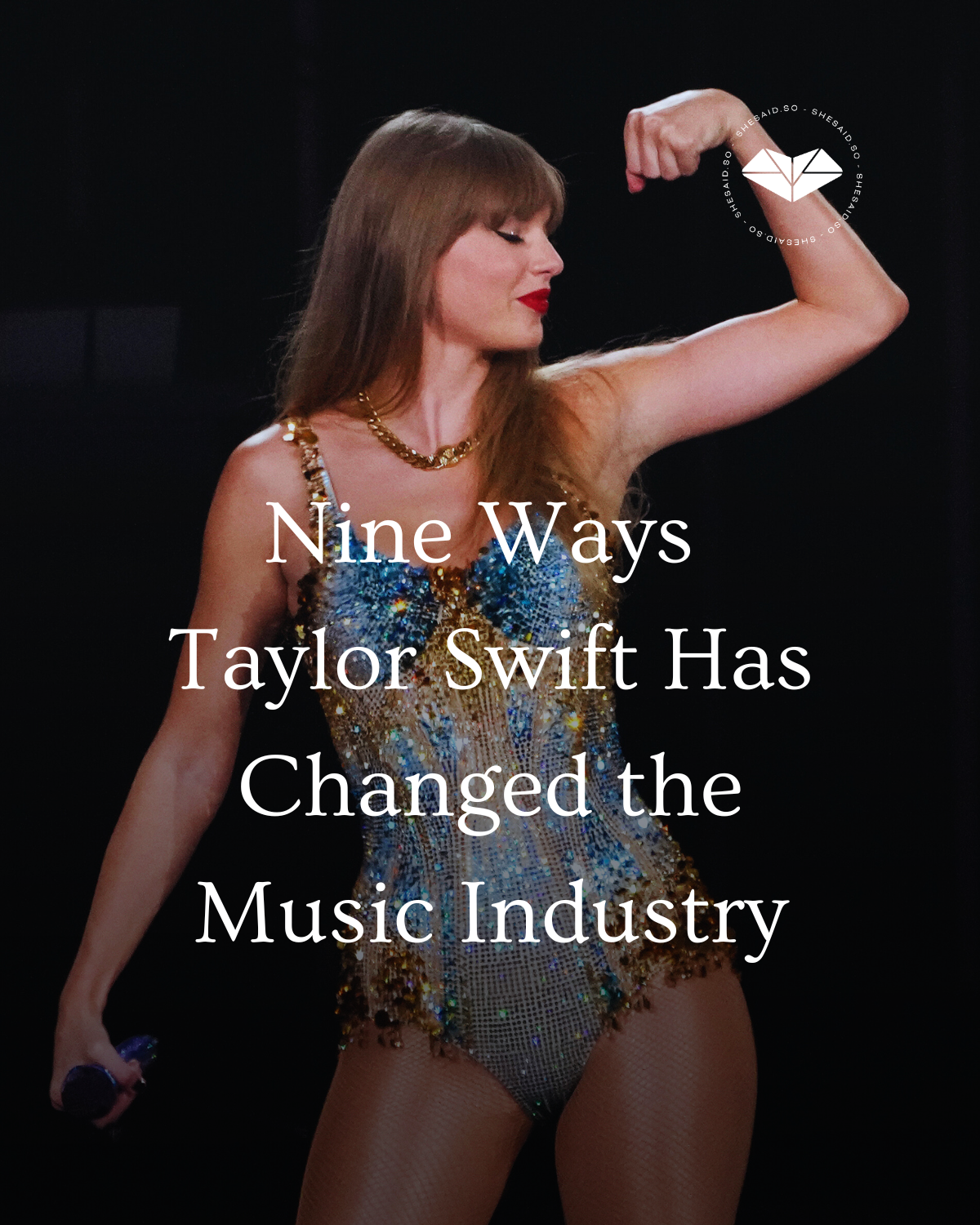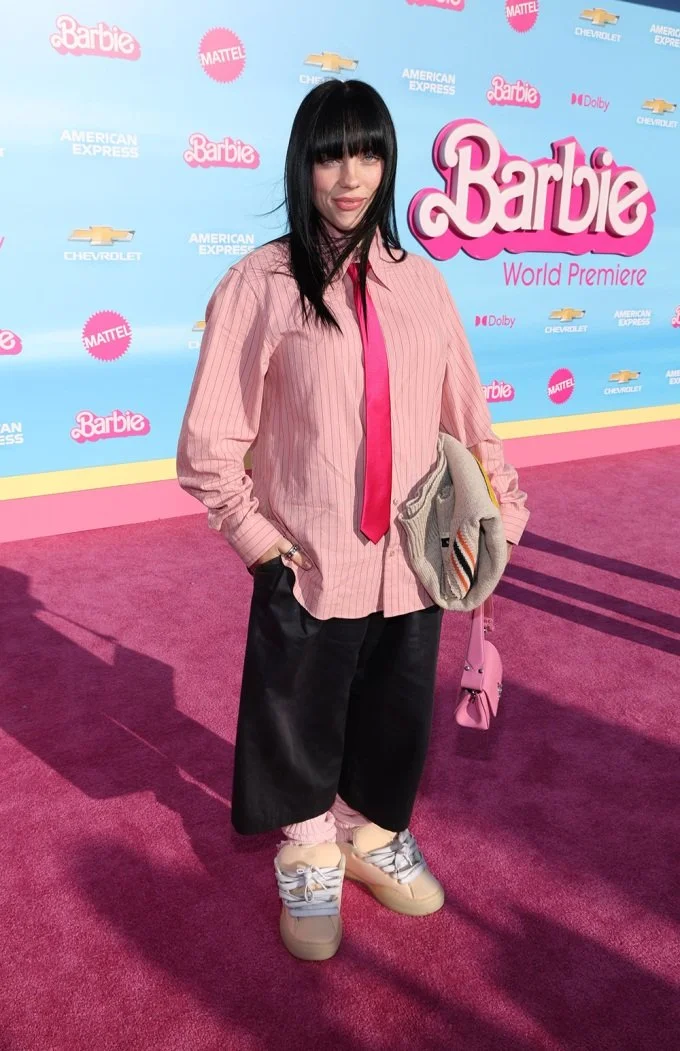Chappell Roan at Coachella 2024
Chappell Roan, born Kayleigh Rose Amstutz, is a dynamic force in the music industry whose journey from a conservative upbringing in Willard, Missouri, to becoming a celebrated queer pop icon, exemplifies resilience and authenticity. Her story is one of transformation and determination, navigating the challenges of the music industry while embracing her true self. This case study explores Roan's evolution as an artist, her impactful contributions to queer representation, and her unwavering commitment to pushing musical and cultural boundaries. Through her bold lyrics, distinctive style, and passionate support for drag culture, Chappell Roan has not only carved out a unique space in pop music but also inspired countless individuals to live unapologetically.
Early Life and Inspiration
Born Kayleigh Rose Amstutz in the small town of Willard, Missouri, Chappell Roan was raised in a conservative Christian household, attending church three times a week. Despite her upbringing, she was inspired by pop music, including artists like Ke$ha, Lady Gaga, Cyndi Lauper, and Katy Perry, to pursue a career in music from a young age.
Musical Beginnings and Industry Challenges
Roan's musical journey began in her early teens when she started writing songs, driven by her infatuation with an older Mormon student. Her talent caught the attention of Atlantic Records, and she was signed to a record deal in her late teens. Adopting the stage name "Chappell Roan" in honor of her late grandfather, she embarked on a journey that took her across the United States for writing and recording sessions. Despite her initial excitement, Roan soon realized that the music industry required hard work and perseverance.
In 2018, Roan moved to Los Angeles to work with producer Dan Nigro, known for his collaboration with Olivia Rodrigo. The transition to the big city was both terrifying and exhilarating for Roan, who found herself experiencing queer freedom for the first time in West Hollywood's gay bars. This newfound sense of liberation inspired her to embrace her queer identity fully and incorporate it into her music and persona.
After the release of her empowerment anthem "Pink Pony Club," Roan faced setbacks when Atlantic Records dropped her. The release of "Pink Pony Club" in 2021 marked a turning point. This empowerment anthem resonated deeply with the LGBTQ+ community, celebrating self-love and individuality. While being dropped by Atlantic Records initially felt like a setback, Roan's determination only grew stronger.
Breakthrough and Artistic Vision
Despite feeling like a failure, she refused to give up on her dreams and returned to Los Angeles with renewed determination. Teaming up with Dan Nigro once again, Roan signed with Amusement, his imprint at Island Records, and began working on her debut album, "The Rise and Fall of a Midwest Princess." The album, characterized by its bold and unapologetic sound, has garnered millions of streams and solidified Roan's reputation as a rising star in the music industry.
The pivotal moment that changed Roan’s music was in the UK for a gig called Naked in London. A drag queen called Crayola opened for her as she was getting ready and transforming into Chappell Roan, Crayola said, ‘Girl, you are a Drag Queen’. Roan said it was a life altering moment and it’s where she began to explore her queer identity within her artistry, embracing drag culture through her extravagant costumes, big hair, bold makeup and pop sound.
For Roan, authenticity is paramount, and she refuses to conform to the norms of the music industry. Her debut album is a testament to her commitment to embracing her queerness and celebrating her unique identity. With lyrics that push the boundaries of taste and sound that blends influences from Patsy Cline to RuPaul, Roan's music stands out in a landscape dominated by safe and predictable pop.
Impact on Pop Culture and Queer Representation
Roan's rise to stardom has not only reshaped the music industry but also had a significant impact on pop culture and queer representation. By openly embracing her queerness and incorporating it into her artistry, Roan has become an icon of queer pop, inspiring countless fans to embrace their true selves unapologetically. Her presence in the music industry serves as a beacon of hope for LGBTQ+ youth seeking visibility and representation in mainstream media.
Roan's passion for her queer identity extends far beyond music. A champion for drag culture, a vibrant art form with deep LGBTQ+ roots, she actively uplifts drag performers. From featuring local queens as tour openers to donating portions of ticket sales to LGBTQ+ charities, Roan's support extends beyond the stage. She even ensures merch and ticket prices are accessible, fostering a strong connection with her dedicated LGBTQ+ fanbase. She also believes that Chappell Roan is the “drag version” of Kayleigh, blurring the lines between singer and showman. Roan's expression of drag is campy, with over-the-top outfits that take inspiration from many cultural references, bold and exciting makeup, and a confident and assured stage presence – all infused with Roan's unapologetic spirit.
Conclusion
Chappell Roan represents a positive shift in the music industry towards greater acceptance and visibility of queer artists. Despite challenges like being dropped by her record label, Roan continued to pursue her musical career. Her rise to fame, driven by her authenticity and unique music, shows that the industry is becoming more welcoming to diverse voices. Roan's journey underscores the power of self-expression and the importance of staying true to one's identity in a field that often pressures artists to conform.


